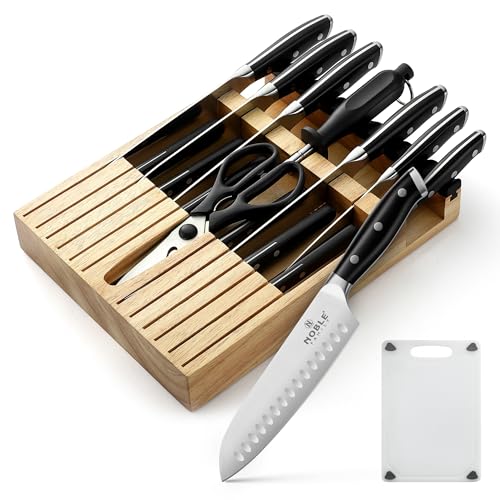konsuke
Well-Known Member
I watched this video - from a professional knife shop - were they said that they actively cool the knife when doing more serious work (unspecified, even with stones) because doing lots of "strokes" can raise the temperature enough to counter the initial heat treatment? Is that true, resp. should I be worried when I re-profile/re-grind/thin my personal knife at home?
Last edited:
























